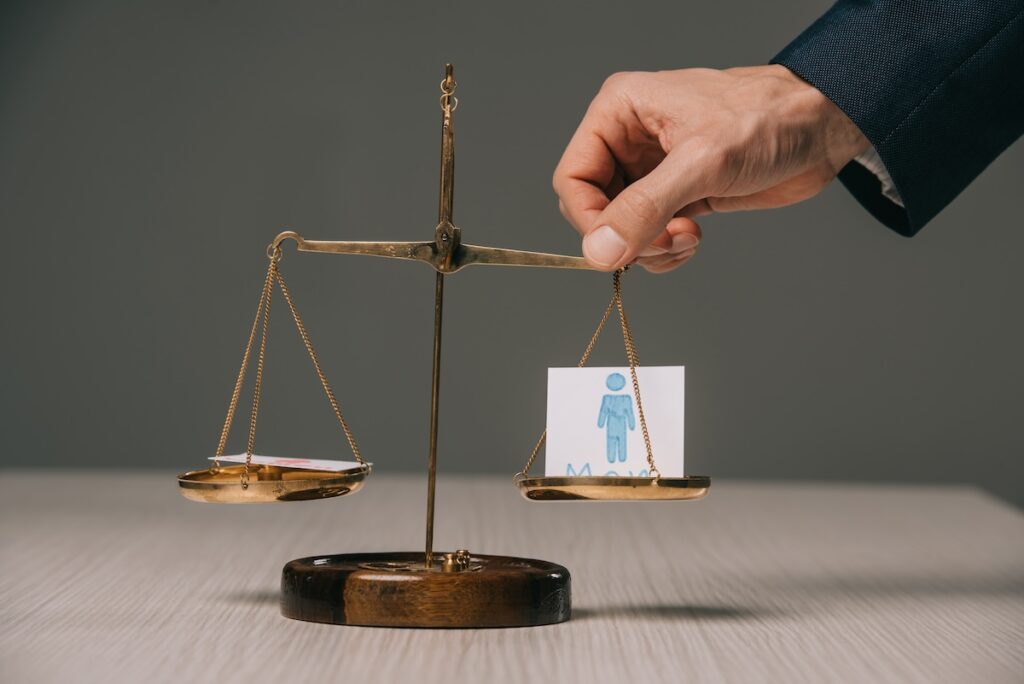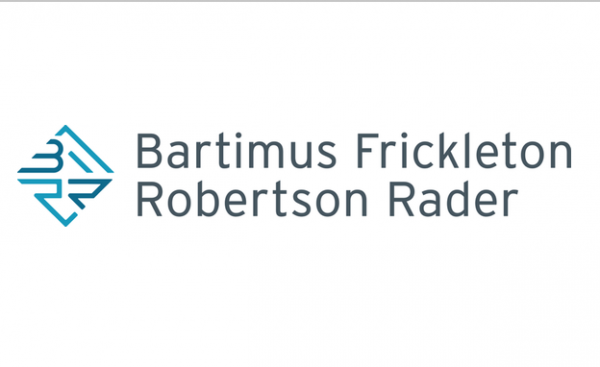
When you choose to work with an insurance company, you assume it will work in your best interest. But sometimes, these companies act in bad faith and fail to uphold the contract each party agreed to.
In this blog, we will examine what bad faith litigation is, explore other common questions people have about bad faith insurance topics, and detail how a law firm can help you navigate bad faith insurance issues.
Common Bad Faith Insurance Litigation Questions
The following are common questions policyholders who think they may have experienced bad faith insurance practices have for bad faith attorneys.
What is Bad Faith Litigation?
Put simply, bad faith occurs when an insurance company fails to abide by the terms of an insurance policy.
This can happen when an insurance company:
- Wrongfully denies a claim
- Doesn’t fully pay out a claim
- Fails to provide their insured a defense
If an insurance company fails to abide by the terms of the policy, they may be responsible for damages above and beyond the terms of the policy or coverage limits.
What is Good Faith v. Bad Faith?

When a person or entity enters into a contract with an insurance company, it’s assumed that the insurer will uphold its legal duty and act in good faith. Acting in good faith means:
- An insurer evaluates claims fairly
- The insurance company properly processes a claim
- Abides by all of the terms of the insurance policy
Insurance companies can owe these good faith duties to policy holders, parties harmed by their policy holders, or other insurance companies.
Most commonly, it’s considered bad faith when an insurance company wrongly takes steps not to pay a settlement or settle a claim that they are obligated to pay under the terms of the insurance policy. In addition, an insurance provider is likely acting in bad faith if they fail to do the following:
- Properly investigate a claim
- Properly abide by the terms of the insurance policy
- Properly evaluate the value of a potential claim
- Properly “adjust” and/or attempt to settle claims
- Properly defend their policy holder
What is Bad Faith Litigation Evidence and How is it Used?
The evidence used to defend bad faith cases differs and depends on:
- The type of claim
- The insurance company’s conduct
Generally speaking, the evidence will involve the underlying claim that gave rise to the insurance company’s obligation to pay insurance coverage or provide a defense. If the insurance company has wrongfully failed to uphold the insurance policy, the evidence will involve the insurer’s analysis in deciding not to pay a claim or provide a defense. That analysis is then judged to determine if it was reasonable under the circumstances of that unique case. In addition, the evidence will include an analysis of the conduct of the insurance company in evaluating the claim and carrying out their responsibilities under the insurance policy.
What Legal Consequences Could Insurance Companies Acting in Bad Faith Face?
Your insurance company could be subject to the following legal consequences if it’s determined it acted in bad faith.
- Uphold Contract Terms: The company will have to uphold the terms of the contract, meaning they will have to pay out on the claim.
- Pay Extra Contractual Damages: The company may be responsible for any wrongdoings beyond the insurance contract and policy.
- Be Responsible For Statutory Penalties: Statutory penalties are set amounts or calculations to determine additional amounts the insurance company may owe.
- Be Held as “Responsible for Harm”: This is when a company is made responsible for any consequences the insured suffers because the insurer did not correctly assess the claim.
Why Do Insurance Companies Act in Bad Faith?
Most often, an insurance company commits bad faith when they wrongly deny an insured’s claim.
What are Some Examples of Bad Faith Insurance Cases in Kansas City?
Case 1: $13 Million Settlement for a School Bus Driver in a Bad Faith Case
Bartimus Frickleton Robertson Rader lawyers Kip Robertson and Jim Frickleton represented a school bus driver whose insurance carrier wrongfully denied him coverage after an accident that resulted in the death of a 6-year-old boy.
The bus driver’s primary insurer and excess insurer hired a criminal lawyer to represent him in the criminal case, where he faced an involuntary manslaughter charge for his negligence. The criminal lawyer advised the bus driver to plead guilty.
When the boy’s family refused to settle for less than the policy limit, the insurers decided to use the threat of a coverage denial to force the family to accept a much smaller settlement. When the family stood their ground, the insurers denied coverage to the bus driver.
The lawyers established that:
- The policy provided coverage for the bus driver
- Both insurers owed him a duty to act in good faith
The lawyers found extensive evidence that both carriers acted in bad faith and secured a settlement of $13 million.
The driver then used his settlement to satisfy his obligations to the boy’s family.
Case 2: $2 Million Awarded to Two Convenience Store and Paintball Facility Co-Owners in a Bad Faith Case
Bartimus Frickleton Robertson Rader lawyers Kip Robertson and Jim Frickleton represented two convenience store and paintball facility co-owners.
A paintball facility client injured his eye and filed a lawsuit against the owners. The owners’ insurance company denied coverage, claiming the policy only covered the convenience store.
The lawyers pursued claims against the insurer for acting in bad faith, and, ultimately, the case was settled for $2 million, which was twice what the insurance company would have paid had it honored its $1 million insurance policy.
What Other Areas of Law Are Related to Bad Faith Litigation?

Two similar areas of law are breach of contract and fraud cases.
Breach of Contract Cases
Contracts help guide how companies and people work with each other. If a party you’ve worked with doesn’t fulfill what they promised and breaches a contract, you could receive compensation for damages you’ve incurred.
Fraud Litigation Cases
While fraud has many forms, it often involves a person or company deceiving someone for financial gain. Law firms can represent people and companies hurt by others’ bad conduct.
Can a Person Handle a Bad Faith Insurance Issue on Their Own?
It’s not recommended. Every case is unique and must be analyzed on its own set of facts, along with the terms of the insurance agreement and the law. It’s almost impossible for a layperson to try to perform this analysis on their own.
Experienced attorneys will understand the strategy and legal nuance required in bad faith litigation. Law firms can negotiate bad faith insurance claims and have access to resources to help them defend your case.
What Should I Look For in a Law Firm That Practices Bad Faith Law?
Insureds will benefit from working with bad faith attorneys who provide them with the following resources:
Law Firms Should Help Assess if You Have a Case
A law firm’s process typically starts with a free consultation. During this initial meeting, you and the firm’s lawyers will discuss any questions you have about the law firm and the specifics of your case. When the consultation is complete, you should know if you have a case and can decide if you want to work with the law firm.
Attorneys Should Provide Support Throughout the Litigation Process
In addition to handling a case’s evidence and using resources to defend and build a case against the insurance company, a law firm should advise clients on how to conduct themselves during the litigation process.
A Firm Should Have Bad Faith Litigation Experience
A law firm should be dedicated to ensuring large insurance companies are held responsible for their wrongdoings. The law firm itself should have experience handling different types of bad faith litigation.
Contact Bartimus Frickleton Robertson Rader for More Information About Bad Faith Litigation
Now that we’ve answered the question, “What is bad faith litigation?,” you may realize you have a bad faith insurance case. If this is true for you, finding an experienced attorney who can compassionately handle your needs is essential, because taking on an insurance company alone is almost impossible.
Bartimus Frickleton Robertson Rader’s attorneys are versed in determining if an insurance company is truly acting in bad faith or is merely acting unfairly. While unfortunate, unfair action is not acting in bad faith, and therefore may not be actionable.
Our bad faith lawyers are skilled at assessing the conduct that constitutes bad faith so you don’t waste your time. Bad faith cases are challenging, and it’s essential to work with attorneys who understand the legal strategy it takes to handle your case.
When our law firm represents a client who thinks they have a bad faith insurance case, our attorneys take time to learn the facts of the issue at hand. We will exhaust all our resources and utilize our experience to help our clients get the best possible outcome. We have resolved thousands of cases for our clients that range from personal injury to highly complex insurance matters.
You can use our virtual case tool 24//7 to reach one of our accomplished bad faith attorneys, or call our office at (913) 266-2300 to discuss your concerns with one of our team members.
The above is not intended to be legal advice. Each individual case is different and must be analyzed on its own set of facts and circumstances. If you believe you may have a case, it is critically important that you timely contact a lawyer to ensure your rights are protected.


